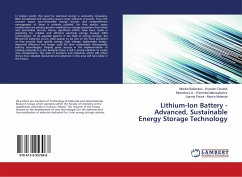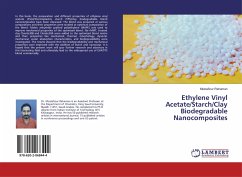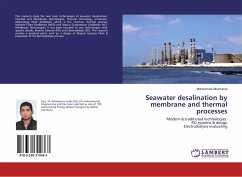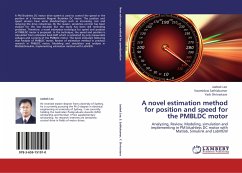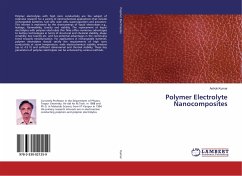
Polymer Electrolyte Nanocomposites
Versandkostenfrei!
Versandfertig in 6-10 Tagen
33,99 €
inkl. MwSt.

PAYBACK Punkte
17 °P sammeln!
Polymer electrolytes with high ionic conductivity are the subject of extensive research for a variety of electrochemical applications that include rechargeable batteries, fuel cells, solar cells, supercapacitors and actuators. This interest is motivated by the shortcomings of liquid electrolytes e.g., leakage, flammability, toxicity and stability. The replacement of liquid electrolytes with polymer electrolyte thin films offers numerous advantages to battery technologies in terms of structural and chemical stability, shape versatility, low toxicity etc. and has potential advantages in the cont...
Polymer electrolytes with high ionic conductivity are the subject of extensive research for a variety of electrochemical applications that include rechargeable batteries, fuel cells, solar cells, supercapacitors and actuators. This interest is motivated by the shortcomings of liquid electrolytes e.g., leakage, flammability, toxicity and stability. The replacement of liquid electrolytes with polymer electrolyte thin films offers numerous advantages to battery technologies in terms of structural and chemical stability, shape versatility, low toxicity etc. and has potential advantages in the continuing trend towards miniaturization. For applications in rechargeable batteries, polymer electrolytes should satisfy the requirements of high ionic conductivity at room temperature, wide electrochemical stability window (up to 4.5 V) and sufficient dimensional and thermal stability. These key parameters of polymer electrolytes can be enhanced by various methods.



